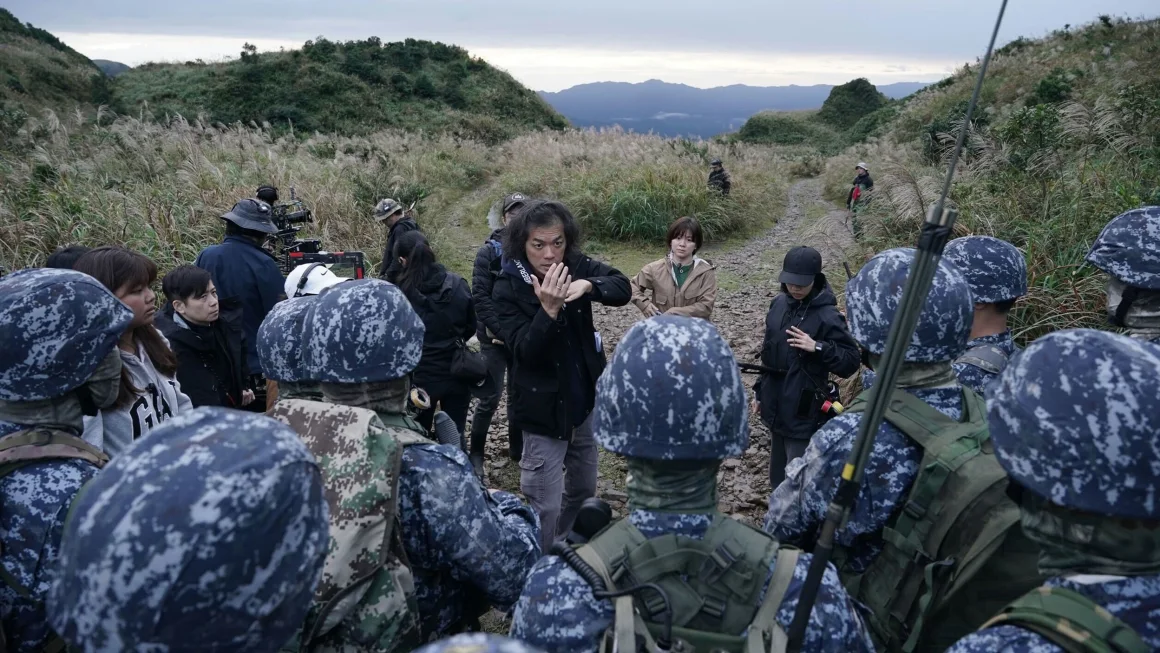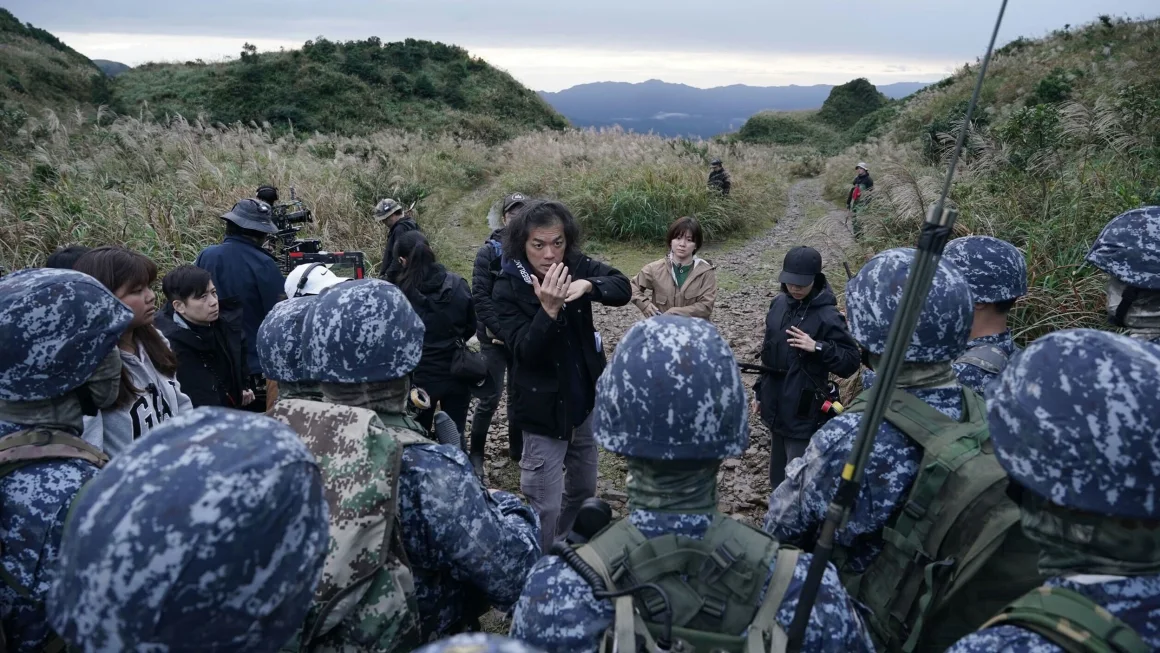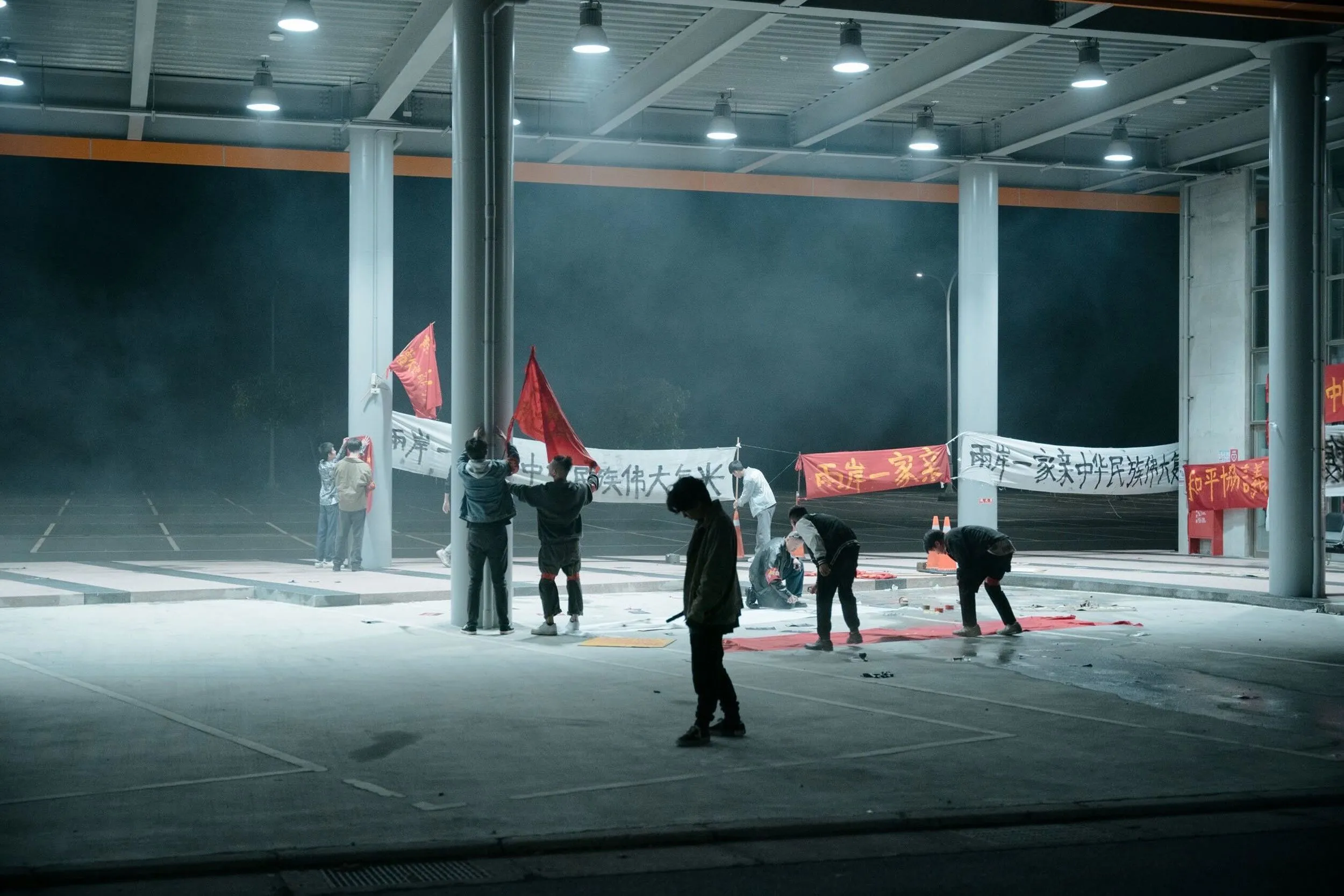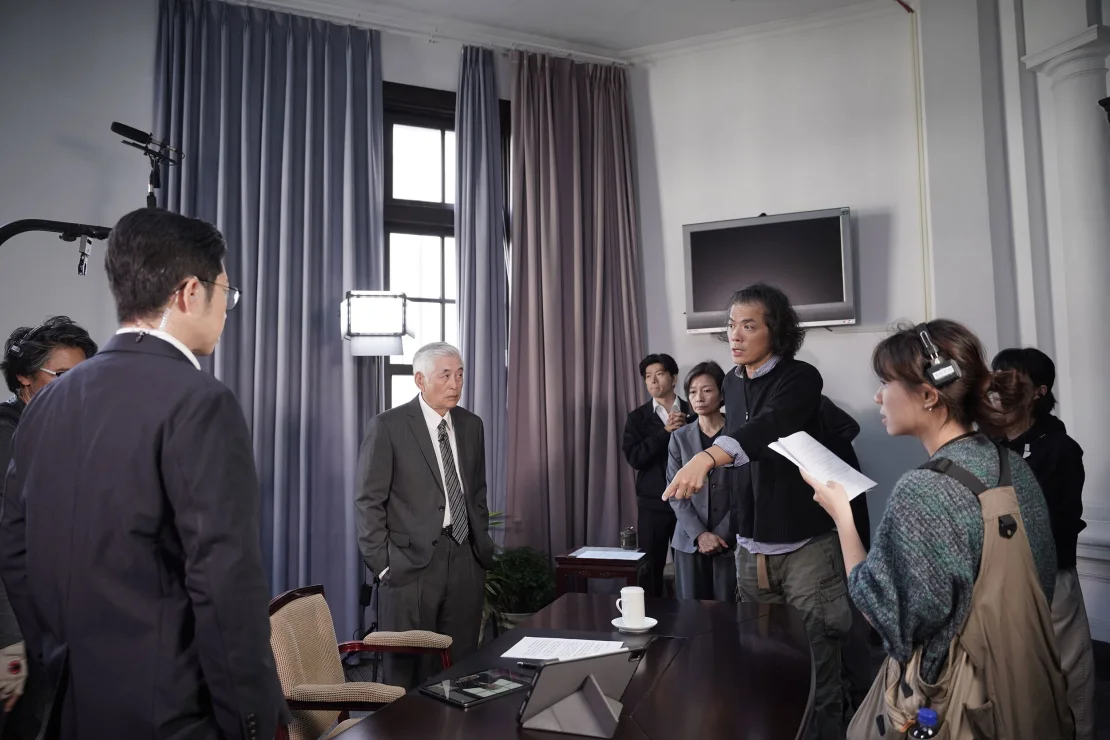
Taiwan’s New TV Show on Chinese Invasion: A Timely Wake-Up Call

Taiwan has recently introduced a compelling TV series titled “Zero Day,” which presents a dramatic portrayal of a potential Chinese invasion. This 10-part series has quickly captured the attention of the Taiwanese public, reflecting deep-seated fears and political tensions while stimulating widespread discussion.
The narrative of “Zero Day” begins with a dramatic military blockade that plunges the nation into chaos and panic. The show features scenes of residents scrambling for cash, foreign nationals attempting to evacuate, prison riots, and hacked TV broadcasts, creating a tense and immersive atmosphere. The 17-minute trailer, which has garnered over a million views on YouTube, has resonated strongly with viewers and attracted considerable media attention.
Public reactions to the series have been varied. Many younger viewers have found the trailer emotionally impactful, resonating with their anxieties about a future that feels increasingly plausible. However, some opposition politicians have criticized the show, alleging it incites unnecessary panic and exaggerates the potential crisis.
The looming threat of a Chinese invasion has been a persistent concern for Taiwan, particularly as China’s military power continues to grow under Communist Party leadership. Showrunner Hsin-mei Cheng felt it was essential to address this issue, believing that many Taiwanese had become desensitized to the real dangers posed by China.

“Zero Day” represents a significant departure from Taiwan’s usual entertainment fare, which often avoids politically sensitive subjects. Cheng, inspired by global events such as Russia’s invasion of Ukraine and heightened tensions following Nancy Pelosi’s visit to Taipei, embarked on this ambitious project with the support of prominent figures like tech billionaire Robert Tsao, who invested significantly in the series.
The show has received substantial backing from Taiwan’s government and military, with permissions to film on official premises and aboard a warship. Despite this support, the production team ensured that the series maintained its creative independence, avoiding any semblance of state propaganda.
Rather than focusing solely on violent conflict, “Zero Day” explores the concept of “red infiltration,” highlighting China’s influence through information and psychological warfare. The series illustrates how Chinese propaganda and manipulation subtly affect everyday life in Taiwan, shedding light on the ongoing cognitive warfare the nation faces.
Military expert Su Tzu-yun, who contributed to the show, asserts that “Zero Day” is vital for countering China’s “gray zone tactics.” By depicting these threats, the series aims to bolster public resilience and enhance global awareness of Taiwan’s precarious situation.
The teaser has sparked controversy, with some accusing the series of fearmongering and others critiquing its depiction of Taiwan’s government. Despite these debates, the creators of “Zero Day” believe that such discussions are essential for prompting reflection and vigilance among viewers.

In conclusion, “Zero Day” is not merely a television show but a significant wake-up call for Taiwan. By dramatizing a potential Chinese invasion, it challenges viewers to confront their fears and reflect on their political reality. As the series approaches its premiere, it promises to continue stirring emotions and sparking conversations about Taiwan’s future.
Stay tuned for “Zero Day” and join the conversation about Taiwan’s future. How would you react in such a scenario? Share your thoughts and stay informed.






